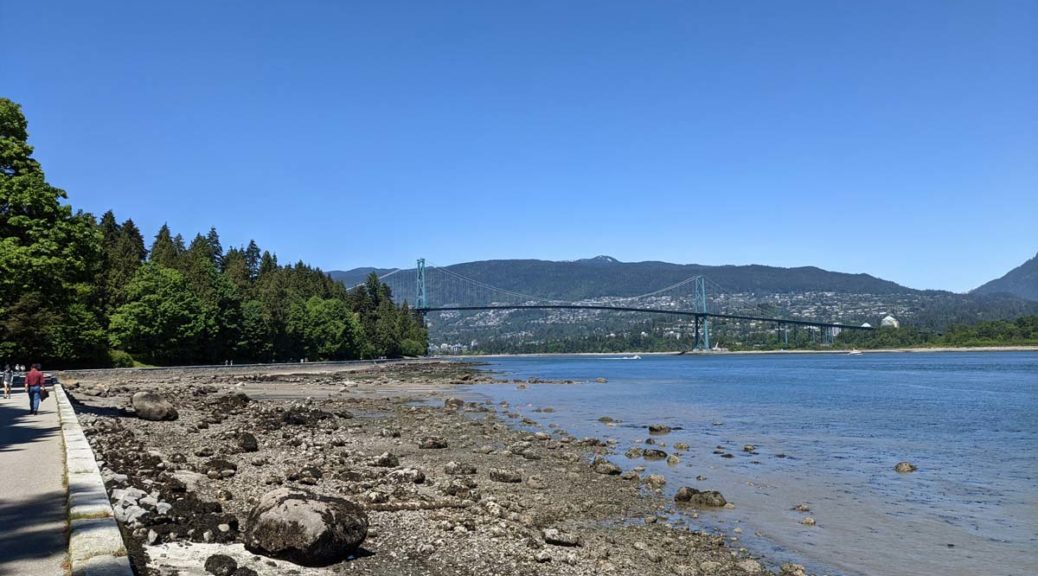The heat is on again with southwestern British Columbia to experience higher than normal temperatures as another high pressure system moves over the region starting tomorrow.
Unlike the deadly heat wave that gripped much of the Pacific Northwest at the end of last month, daytime temperatures are expected in the high 20s/low 30s with the lows hovering around the mid-to-high teens starting Thursday, July 29th and lasting until the morning of Sunday, August 1st. This has led Environment Canada to issue a Heat Warning for Metro Vancouver.
Extreme heat puts added stress on the body, especially when night time temperatures don’t drop low enough, the body cannot effectively cool down. It’s recommended to stay in the shade and drink water before you feel thirsty. Wear hats, loose clothing and avoid activities outside during the afternoon when temperatures are at their highest. Do not leave children or pets unattended in vehicles, and keep in touch with family members and friends to ensure they’re safe. Call 9-1-1 if you or someone exhibits the symptoms of heat stroke: dizziness/fainting, nausea, extreme thirst, lack of urination, bright red skin and rapid heartbeat.
Many cities around the Lower Mainland operate cooling centres that offer air conditioning and space to relax: Vancouver, Burnaby, Surrey, Delta, Richmond, Coquitlam, New Westminster, City of North Vancouver, White Rock, West Vancouver. Libraries, malls, and theatres are also open to offer respite from the weather.
No rain is forecasted in the coming days. Weather for Vancouver, which is measured at YVR, hasn’t recorded any precipitation since June 15th. Metro Vancouver has increased the fire danger rating for parks to “extreme” which could see some greenspaces closed to reduce the risk of human-caused wildfire. Anyone caught smoking or using equipment that could create sparks or a fire face fines of up to $10,000.
Sources: Environment Canada, Metro Vancouver
Did you find a typographical or factual error in this article? Please let us know!
